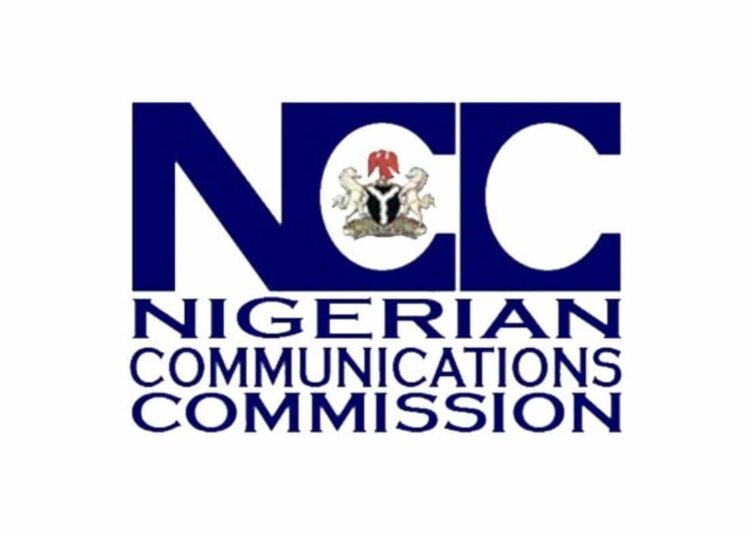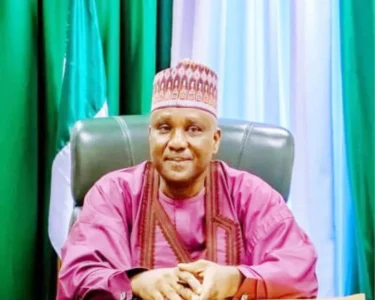It’s been 22 years since the Nigerian Communications Commission (NCC) made a game-changing decision by auctioning the Digital Mobile Licenses (DML) for the country’s first mobile networks. This move led to the introduction of GSM technology, making mobile phones accessible to millions of Nigerians and bringing transparency to telecom auctions.
Before this, Nigeria had only about 400,000 landlines, and telecom investments were minimal. But after the NCC awarded licenses to companies like MTN and Econet Wireless (now Airtel) in 2001, followed by Globacom in 2003 and Etisalat (now 9mobile) in 2008, the telecom industry began its rapid expansion. In 2005, the NCC further opened the market by granting licenses to smaller telecom operators, helping increase network coverage across the country.
Before 2001, Nigeria’s telecom system relied on outdated landline services from NITEL and a few smaller operators. Since then, the NCC has issued various licenses for mobile and broadband services, including 3G in 2006, 4G in 2017, and 5G in 2021, making the country a telecom hub in Africa.
By January 2023, the sector had grown enormously, with 226.2 million active mobile subscriptions and a teledensity of 118.5%. Internet subscriptions had hit 156 million, and broadband services had reached 92 million users, improving access to essential digital services across sectors like banking, education, healthcare, and agriculture.
Focus on Growth and Regulatory Changes
The NCC has played a key role in ensuring healthy competition and protecting consumers in the telecom industry. The Commission has worked to remove obstacles to market entry, help new operators connect with existing networks, and maintain service quality for Nigerians.
Looking ahead, the NCC’s Strategic Vision Plan (2021–2025) is focused on enhancing operational efficiency, improving service quality, and ensuring fair competition in the market. The NCC has also introduced new tools to measure service quality and is working on regulations for things like fibre deployment and managing e-waste.
Broadband has become a priority due to its importance for national development, and the NCC is working on partnerships to meet broadband goals and strengthen telecom infrastructure across the country.
A Growing Industry and Economic Contribution
The telecom sector has not only boosted the availability of services but has also created numerous job opportunities and improved Nigeria’s overall business environment. The industry is now one of the country’s fastest-growing sectors, contributing 15.35% to Nigeria’s GDP by the third quarter of 2022.
Thanks to the efforts of the NCC and its regulation, Nigeria’s telecom market continues to grow and thrive, with a lasting impact on the country’s economy and its role in Africa’s digital future.




